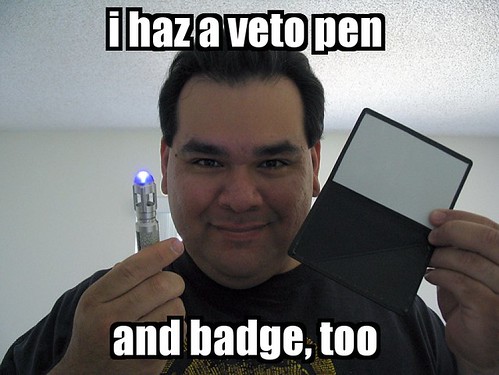Federal Computer Week: Senate Panel Rejects Weakening S 3474
Gene Schultz: Goodbye FISMA (as We Know It)
Let’s talk through the FCW article first, shall we? =)
“The measure would amend the original FISMA legislation, which outlined compliance activities for agencies to meet each year. However, many agencies have turned FISMA compliance into a paperwork exercise, Carper said.”
Um, no, I don’t get that. The original FISMA is an information security management law, this law mostly formalizes the role, responsibility, and authority of the CISO. They intentionally named it FISMA 2008 to make people think that it was ammending the original FISMA, but it doesn’t do that.
Don’t believe the hype, this will not change the original FISMA, it’s just an addition.
“Carper said CIOs primarily develop and oversee policy, but the CISO handles the daily information security activities. He suggested that a CISO council could have a sunset date of two or three years. If the council demonstrated benefits, it could be extended, Carper said.”
OK, fair enough on the cost and coordination, but what the CISO council objectionists don’t understand is that the CIOs don’t know all of the nuts and bolts of security, that’s why we have CISO as a mandatory position in this bill–so that the CIO has a subject-matter-expert to help them out. Yes, it’s that specialized as a profession.
Now for Gene Schultz:
“First and foremost, to comply with this statute involves generating huge amounts of paperwork to document actions (or lack thereof) taken to address the many areas that FISMA describes. A completely ineffective security practice can get high FISMA marks, as has happened numerous times before.”
OK, this is a little lesson on FISMA paperwork: people are doing 4x what they should be doing for the following reasons:
- The people doing the writing do not know what they are actually doing
- The agency’s security program is not mature enough to have shared/common controls
- In the world of auditors, if it’s not written down, it doesn’t exist
- CYA purposes–I told you this was a risk
So you think you’re going to do any better with any other framework/law and the same people executing it?
“Two US Senators, Joseph Lieberman of Connecticut and Tom Carper of Delaware, have recently introduced a Senate bill that would render the 2002 version of FISMA obsolete.”
No, to be bluntfully honest, the old version of FISMA will still be around. Somebody’s been drinking the kool-aid from the lawmakers and the press machine. If anything, this adds more junk that you can get audited on and an additional layer of paperwork to demonstrate that you have met the provisions of FISMA 2008.

Post No Bills photo by striatic.
Note to our nation’s Lawmakers: as long as you approach information security from the compliance angle, we as a government are doomed to failure and to turn the entire thing into the checklist activity because the people who evaluate compliance are auditors who only know checklists–it’s not a law problem, it’s a people and skills problem.
This bill is actually pretty good with the exception of divorcing the mission owners from the security of the systems that support their mission.
However, if you think that you can reduce the compliance trap by adding more things that will end up on a compliance checklist, you have to be kidding yourself or you don’t understand the auditor mentality.
I keep reconvincing myself that the only way the government can win at security is to promote programs to develop people with security skills. Of course, that isn’t as sexy as throwing out a bill that you can claim will make FISMA obsolete.
And finally, for those of you playing along at home, the Thomas entry for S 3474, the bill’s page on Washington Watch and the bill’s page on GovTrack.
Similar Posts:
 1 Comment »
1 Comment » Posts RSS
Posts RSS



